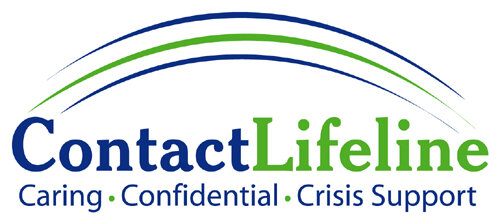Crisis Services
Crisis Helpline Services
The 24/7 Crisis Helpline for Delaware receives calls regarding many levels of crisis, from asking for information and referrals, to discussing daily struggles, to processing suicidal thoughts. We define a crisis as any moment that is overwhelming for the individual who is calling. No crisis is too small! Our services are at no cost, and we do not bill insurance.
We provide therapy to any person over the age of 12. We are sensitive to a wide variety of experiences, genders, physical abilities, sexual orientations, ages, and races. Counseling services are available in both English and Spanish.
We see clients once for a single crisis intervention session, or on an ongoing basis; there is no minimum or cap on the number of sessions that each client may receive. We also provide family and couples’ therapy, and offer a support group for survivors.
Along with single occurring crises, the Crisis Helpline serves as a support system for individuals who need a little extra support to get through the day. This may include individuals who are elderly, are living with mental illness, have a developmental delay, or are feeling lonely.
Our therapists are Master’s level clinicians with years of experience working with survivors of trauma. They engage in ongoing professional development to remain current in the field of trauma and recovery and to provide the highest quality services to our clients.
ContactLifeline offers Eye Movement Desensitization and Reprocessing (EMDR). EMDR is a method of psychotherapy that has been proven effective for the treatment of trauma. EMDR is physiologically based therapy that helps a person experience traumatic memories in a new and less distressing way. EMDR is widely regarded as one of the most effective therapeutic tools for decreasing symptoms of trauma.
Click here more information about EMDR.
For help, call us at 1-800-262-9800
“ContactLifeline’s rape crisis services and supportive services to victims and survivors of sexual assault are partially funded by the Delaware Criminal Justice Council through the U.S. Department of Justice, Office of Justice Programs, Office for Victims of Crime (VOCA – Victims Assistance Formula Grant), and the U.S. Department of Justice, Office on Violence Against Women (this may include funds through the SASP and STOP VAWA formula grants).”

